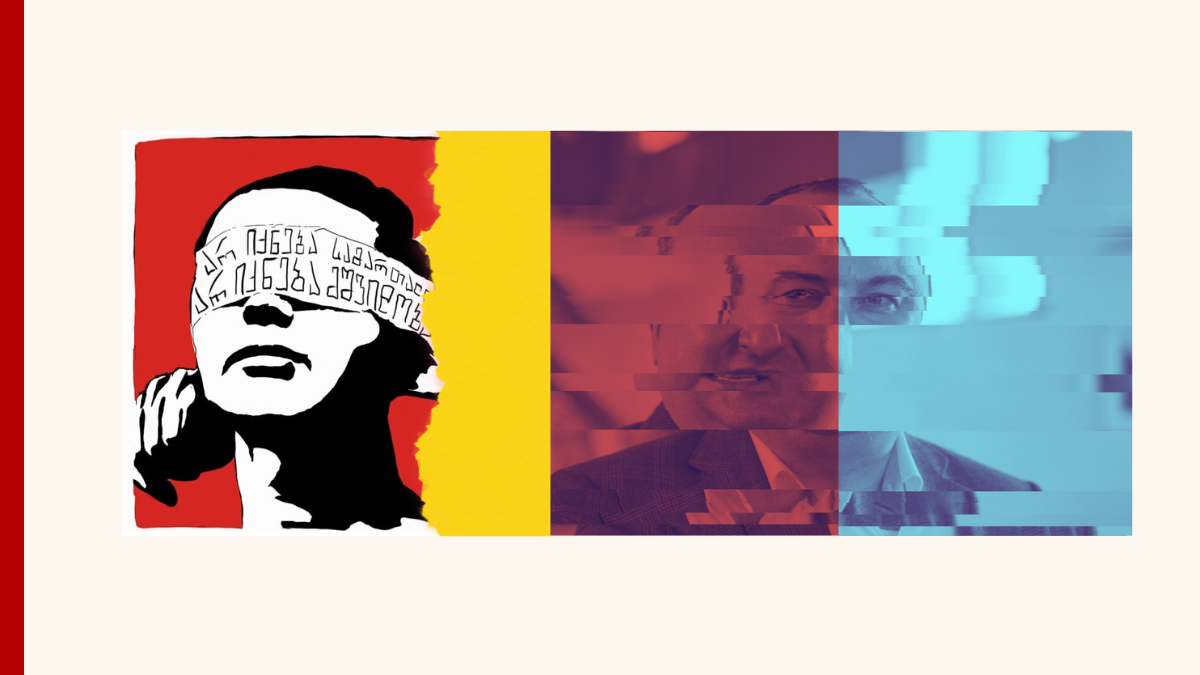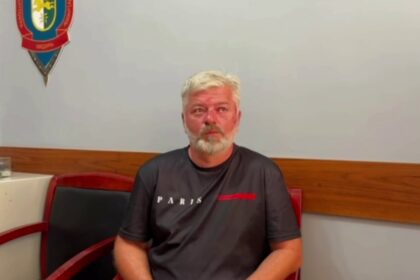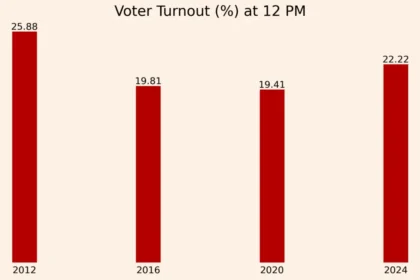**The Georgian Judiciary: A System in Crisis**
A recent analysis by Jim Moliterno, Sopho Verdzeuli, and Irakli Kordzakhia has shed light on the tumultuous journey of the Georgian judiciary over the past 25 years. The article, published in the German-Georgian Journal of Comparative Law, reveals a system marked by shifts between government dominance, brief periods of judicial autonomy, and a return to subservience.
The analysis shows that since 1995, the Georgian judiciary has struggled with systemic corruption and political influence, hindering its ability to serve the public interest. Reforms aimed at increasing judicial independence have largely been ineffective, perpetuating a system where justice is compromised. The current situation is dire, with the judiciary controlled by “The Clan,” a group of influential judges who collaborate with the ruling Georgian Dream government.
**A System in Crisis**
The authors of the article argue that the current state of the Georgian judiciary is particularly worrying. Dissenting voices are suppressed, and reforms have been cosmetic, failing to address the deep-rooted problems of political interference and corruption. Where independence exists, it is mostly used for transactional gain, rather than to further the rule of law.
This crisis has been exacerbated by the recent parliamentary elections, which have only served to entrench the power of “The Clan.” The analysis highlights the need for genuine reform, but achieving a truly independent judiciary requires a fundamental shift in the mindset of those in power – a challenge that remains immense.
**A Call for Reform**
In light of these developments, it is clear that the Georgian judiciary cannot free itself from internal power structures hostile to the rule of law. The legislative branch must take action to save the judiciary by dissolving the High Council of Justice, which has become a powerful force in the system.
The executive branch must also carry out vetting proceedings for judges, despite concerns about the process. This is not an ideal solution, but it may be the lesser evil given the current situation. Only when the High Council of Justice is dissolved and the existing power structures are dismantled can judges who support the rule of law raise their voices again, and the Georgian judiciary may still be saved.
**A System in Need of Reform**
The analysis highlights a system in crisis, where judges have become perpetrators of the power structures rather than victims. Many young judges grow up in an environment where political dependence and premature obedience are the norm, and they must daily remind themselves that this is not actually the norm.
Only through genuine reform can the Georgian judiciary be saved from internal power structures hostile to the rule of law. The legislative branch must take action to dissolve the High Council of Justice and dismantle existing power structures, paving the way for a truly independent judiciary.
Read More @ civil.ge












